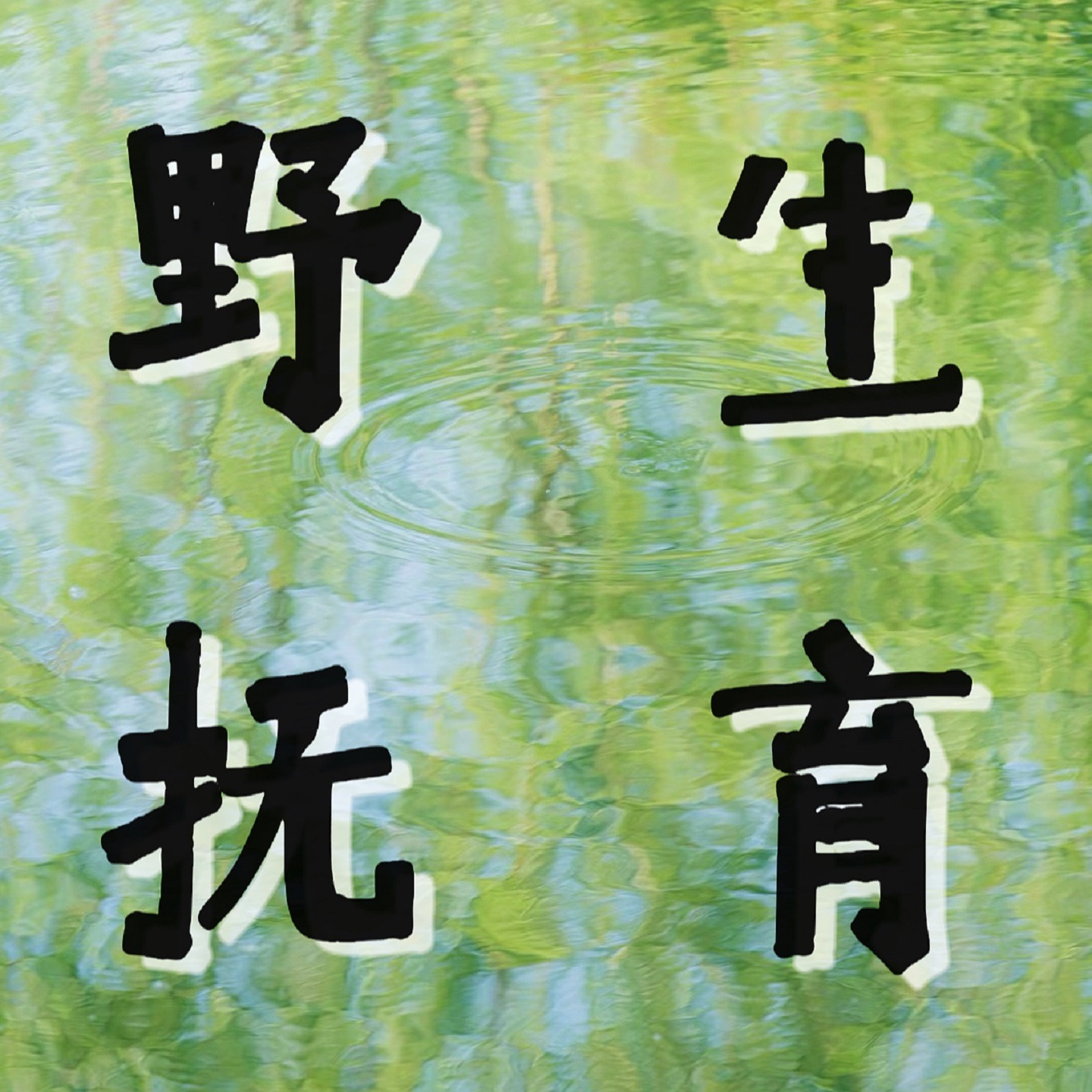
Deep Dive
What is the significance of '藏' (storage) in winter according to traditional Chinese medicine?
In winter, '藏' signifies the need to conserve energy and protect the body from the cold. This involves practices like early sleeping and late rising, keeping warm, nourishing the kidneys, and maintaining mental tranquility to prepare for the spring's vitality.
Why is it important to keep the head, neck, back, and feet warm during winter?
Keeping these areas warm is crucial because the head is where the essence of the five organs converges, the neck has the Fengfu point which is vulnerable to cold, the back is key for overall warmth, and the feet are considered the second heart of the body. Cold in these areas can lead to various health issues like headaches, respiratory diseases, and rheumatism.
What are the recommended dietary practices for winter according to the podcast?
Winter diets should focus on warm and nourishing foods to replenish energy. Foods like duck meat for those with a hot constitution, and lamb for those with a cold constitution are recommended. Black beans are also suggested for kidney health, aligning with the season's need for storage and conservation.
How does the podcast suggest managing indoor environments during winter?
The podcast recommends maintaining indoor temperatures between 18 to 24 degrees Celsius and using humidifiers or water plants to keep the air moist. This helps prevent the dryness and temperature fluctuations that can lead to colds and other respiratory issues.
What are the psychological aspects of '藏' during winter?
Psychologically, '藏' during winter involves keeping one's ambitions and desires hidden, focusing on internal growth and preparation rather than external achievements. This approach helps in conserving mental energy and preparing for future endeavors, aligning with the natural cycle of rest and renewal.
- 立冬节气万物收藏
- 《七十二候集解》对立冬节气的解释
- 立冬的节日和农事意义
- 养生的核心是“藏”
Shownotes Transcript
下周就要立冬了,“秋收冬藏”这个词儿大家肯定都不陌生,意味着冬天养生主要就是一个“藏”字,而“藏”这个字也蕴含着很多的人生智慧。那本期节目我们就通过冬天的衣食住行和情志,来聊聊立冬、中医养生以及“藏”的人生智慧。
🎄 【🔖时间戳】 00:44 前言
01:30 立冬与《七十二候集解》
03:57 什么是养生?
05:24 如何养生:天人合一,顺时而养,顺四季,顺时辰
08:17 “冬三月,此谓闭藏”,冬季应闭藏、早睡晚起,保暖、养精蓄锐、滋养肾脏、保持精神内守
11:21 冬季穿衣指南
14:41 冬季食补:鸭肉、羊肉、萝卜、黑豆;吃应季食物而不是大棚菜;要想小儿安,常带三分饥和寒;刻意锻炼自己的自我修复能力
17:40 冬季居住环境:保持18-24度的室内温度,保持适当的湿度,养水培植物
18:24 冬季运动:关于冬泳
18:55 风寒感冒的起因、防治
20:48 关于冬季泡脚的讲究
21:55 冬季情志养生:抑郁症高发的原因与过程
23:46 冬季对应人生的低谷期:藏言、藏锋、藏心
🎄 【🎵背景音乐】 《冬》---王加一/陈婧霏
《青梅》---漫夜星
《彩蝶舞夏》---何真真
《舌尖上的中国1》
《时间的记忆》---阿鲲
《三键成音》---ACENG、
